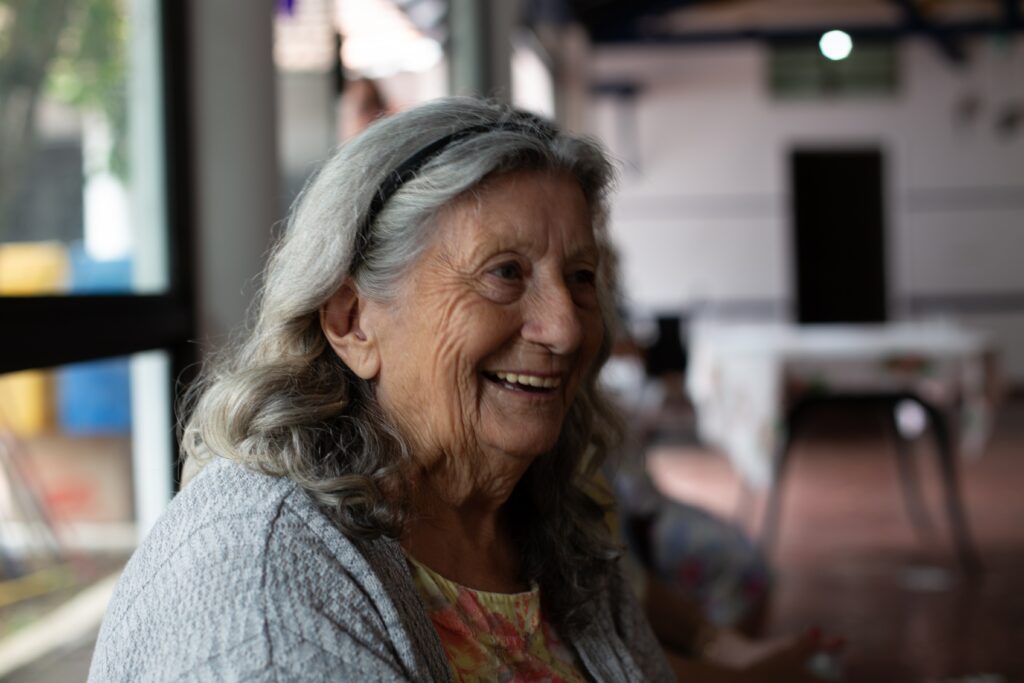
Medi-Cal 2020 is the name of California’s 5-year federal 1115 waiver, which allows the state to waive certain elements of the Medicaid program in order to test out projects and demonstrations that support the objectives of Medicaid. Just approved on December 30 2015, the roll out of Medi-Cal 2020 has multiple implications for older adults in Alameda County. Click here to visit the Medi-Cal 2020 web site.
Alameda County will be eligible to implement California’s new Health Homes for Patients with Complex Needs (HHP) in 2018. Part of the Affordable Care Act and coordinated through the Medi-Cal Managed Care Plan(s) in each county, HHP will provide comprehensive care management to a small but high-risk number of Medi-Cal enrollees who have complex chronic conditions including serious and persistent mental illness. To find out more, click here.
2016
January 11, 2016 – On December 30, 2015 the Centers for Medicare & Medicaid Services (CMS) approved Medi-Cal 2020, a five-year $6.2 billion federal 1115 waiver for California. CMS’s 1115 waivers allow states to waive certain elements of the Medicaid program in order to test out projects and demonstrations that support the objectives of Medicaid. California’s prior 1115 waiver – The Bridge to Reform – expired this year, and Medi-Cal 2020 extends this demonstration in new ways.
The approval for Medi-Cal 2020 outlines several of the initiatives that the state sought under the Medi-Cal program aimed at improving quality of care, including:
- Public Hospital Redesign and Incentives in Medi-Cal (PRIME) – PRIME aims to improve the quality of care individuals receive at Designated Public Hospitals and District Municipal Public Hospitals through changed payment methodologies.
- Global Payment Program (GPP) – The GPP changes the funding for Designated Public Hospitals to improve the delivery of care to those who remain uninsured in California.
- Dental Transformation Initiative (DTI) – Medi-Cal dental providers will receive incentive payments for meeting benchmarks in areas such as preventive services and continuity of care.
- Whole Person Care Pilots – County-based pilots will aim to improve care for high-risk beneficiaries through the integration of the systems that provide physical health, behavioral health, and social services.
The waiver also continues several important state health programs, including Community-Based Adult Services for seniors and people with disabilities needing Adult Day Health Care, Cal MediConnect for Californians in seven counties who are dually eligible for Medi-Cal and Medicare, the Drug Medi-Cal Organized Delivery System and the state’s shift toward Medi-Cal managed care.
We’ll learn more about the implications of Medi-Cal 2020 for older adults in Alameda County in the months to come. In the meantime, DHCS is holding its first stakeholder webinar covering the waiver on January 25, 2015, from 3:00 – 4:30pm (registration information coming soon). Click here to visit the Medi-Cal 2020 web site.
2015
June 3, 2015 – The CCI Stakeholder Workgroup for Alameda County has been meeting for almost three years around coverage and care delivery issues affecting Duals and SPDs. On May 29, 2015, the Workgroup convened to review and discuss California’s HHPCN Concept Paper Version 2.0. Our robust discussion included concerns about rates (will they be adequate), reimbursement (will Health Homes pay for the activities and services that are most successful in working with complex individuals), opportunities (for instance, Adult Day Health Care serving as the Community Based Care Management Entity, or other CBOs contracting to provide care management and other services), and feasibility (while the state intends to roll out Health Homes to all counties, adequate network and other factors are requirements for readiness).
SSC has sent a letter to Brian Hansen at DHCS summarizing the comments, concerns and recommendations that came out of the May 29 Workgroup meeting. Click here for SSC’s June 2 letter.
April 16, 2015 – On April 15, California’s Department of Health Care Services hosted a webinar on the updated Health Homes for Patients with Complex Needs Program Concept Paper Version 2.0. The Health Homes concept has been significantly fleshed out, and during the webinar DHCS shared much greater detail about how they envision the program working.
Health Homes is an optional Medicaid benefit that will coordinate access to medical and behavioral health services, and long-term services and support, and provide linkages to community social supports.
March 26, 2015 – The Department of Health Care Services (DHCS) is hosting a webinar on April 15th for the release of an updated concept paper of their design for the ACA Section 2703 on Health Homes for Patients with Complex Needs Program. During the webinar, DHCS will share updates on the Health Homes program concept based on ongoing development and stakeholder feedback.
Health Homes is an optional Medicaid benefit that will coordinate access to medical and behavioral health services, and long-term services and support, and provide linkages to community social supports.
February 12, 2015 – On January 23, at the Coordinated Care Initiative Stakeholders Workgroup post-CCI Debriefing, Corinne Jan, Executive Director at Family Bridges, gave a presentation on the CBAS-as-Health-Home pilot that Family Bridges is working on as part of a California Association of Adult Day Services initiative. Click here to view the powerpoint. Jan and her colleagues at other organizations that provide Adult Day Health Care hope to establish a Health Home model that will work with Medi-Cal’s HHPCN program, but will also offer solutions to hospitals, managed care organizations, etc.
February 12, 2015 – If you’d like to get on the stakeholder list for notices and meetings, send an email to HHP@dhcs.ca.gov.
